Related Research Articles
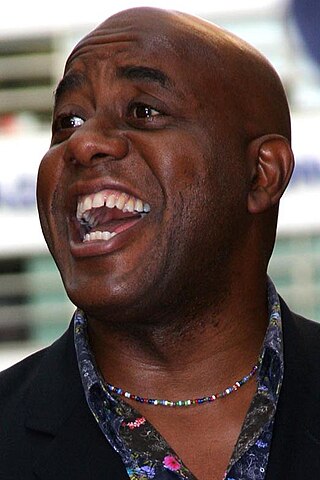
Ainsley Denzil Dubriel Harriott is an English chef and television presenter. He is known for his BBC cooking game shows Can't Cook, Won't Cook and Ready Steady Cook.
Joseph Arthurlin Harriott was a Jamaican jazz musician and composer, whose principal instrument was the alto saxophone.
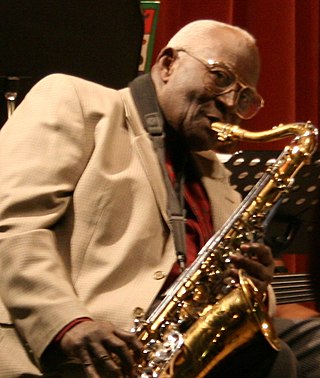
Andy Raphael Thomas Hamilton, MBE was a Jamaican-born British jazz saxophonist and composer who migrated to the UK in 1949. He recorded his debut album in his early 70s.

Thomas Daniel Hicks Eytle was a Guyanese calypso musician and actor. Although born in Guyana, Eytle's career was based in the United Kingdom, where he lived after emigrating in 1951.
Scotty performed as a reggae vocalist and deejay.

The Coleherne Arms 1866 public house was a gay pub in west London. Located at 261 Old Brompton Road, Earl's Court, it was a well-known music venue from the 1950s, and a popular landmark leather bar during the 1970s and 1980s. In 2008, it was rebranded as a gastropub, The Pembroke.
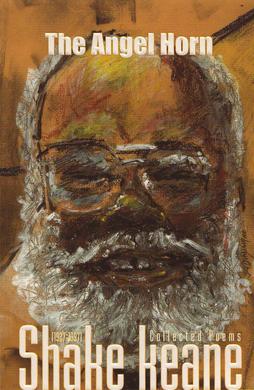
Ellsworth McGranahan "Shake" Keane was a Vincentian jazz musician and poet. He is best known today for his role as a jazz trumpeter, principally his work as a member of the ground-breaking Joe Harriott Quintet (1959–65).
Wilton "Bogey" Gaynair was a Jamaican-born jazz musician, whose primary instrument was the tenor saxophone. "Blue Bogey", "Kingston Bypass" "Debra", and "Wilton Mood" are among his better known songs.

Alpha Cottage School was the name of the vocational residential school on South Camp Road in Kingston, Jamaica, still run by Roman Catholic nuns. Established in 1880 as a "school for wayward boys", it became renowned for both the discipline it instilled in its pupils and the outstanding musical tuition they received. In 2014 Alpha's residence closed and the school continued as Alpha Institute to focus on educational and vocational training for inner city unattached youth.
Valerie Sybil Wilmer is a British photographer and writer specialising in jazz, gospel, blues, and British African-Caribbean music and culture. Her notable books include Jazz People (1970) and As Serious As Your Life (1977), both first published by Allison and Busby. Wilmer's autobiography, Mama Said There'd Be Days Like This: My Life in the Jazz World, was published in 1989.

Nii-lante Augustus Kwamlah Quaye, known professionally as Cab Kaye, was an English jazz singer and pianist of Ghanaian descent. He combined blues, stride piano, and scat with his Ghanaian heritage.
Lauderic Caton was a Trinidadian guitarist who settled in Britain in 1940. He was an early proponent of the use of electric guitar in Britain, particularly in jazz music. According to Val Wilmer, "he exercised a significant influence on Pete Chilver and Dave Goldberg, the two jazz guitarists more generally credited as British pioneers of the amplified instrument, while his students, official and unofficial, ranged from jazz exponents to the Nigerian highlife specialist Ambrose Campbell and Hank Marvin of the Shadows."
Russell Audley Ferdinand "Russ" Henderson was a jazz musician on the piano and the steelpan. Originally from Trinidad and Tobago, he settled in England in the 1950s. He is most widely recognised as one of the founding figures of the Notting Hill Carnival in London, United Kingdom.

John Henry Basil Mayer was an Indian composer known primarily for his fusions of jazz with Indian music in the British-based group Indo-Jazz Fusions with the Jamaican-born saxophonist Joe Harriott.
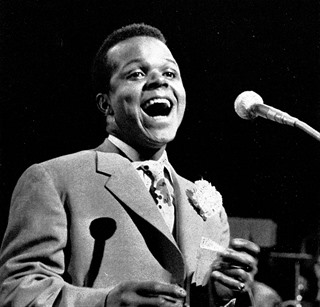
Cuddly Dudley, born Dudley Heslop, was a Jamaican-born British rock & roll singer who came to fame on the Oh Boy! TV series, and is noted for being "Britain's first black rock & roller".
Chester Leroy Harriott was a Jamaican-born pianist and entertainer known for his eight years as one part of the variety act Harriott and Evans. He is the father of Chef and television presenter, Ainsley Harriott.
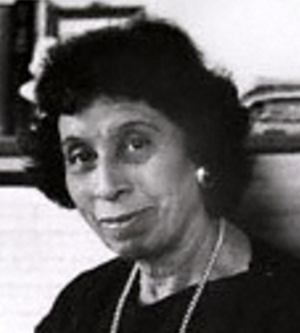
Rita Cann professionally known as Rita Lawrence was a British Black pianist and singer.
"The Concert" is a 1961 Australian TV GTV-9's Melbourne studios. It was directed by Rod Kinnear. Australian TV drama was relatively rare at the time. The episode aired on 3 June 1961 in Melbourne, and on 10 June 1961 in Brisbane.
Clara Ethel Deniz, was a British jazz pianist who played with pioneering black British bands in London.
Francisco "Frank" Antonio Deniz was a British jazz guitarist. He performed in London from the 1930s, and in the 1950s gave radio broadcasts. With his brothers José Deniz (1913-1994) and Laurence Deniz (1924-1996) he formed the Hermanos Deniz Cuban Rhythm Band.
References
- 1 2 Val Wilmer, "Victor Brown obituary", The Guardian, 15 November 2016. Retrieved 21 January 2017.
- ↑ "Concerts & Package Tours : 1961 (July - August)", "1961 - Tommy Steele (August)", Bradford Timeline.
- ↑ Val Wilmer, "Chester Harriott obituary", The Guardian, 15 July 2013. Retrieved 20 January 2017.